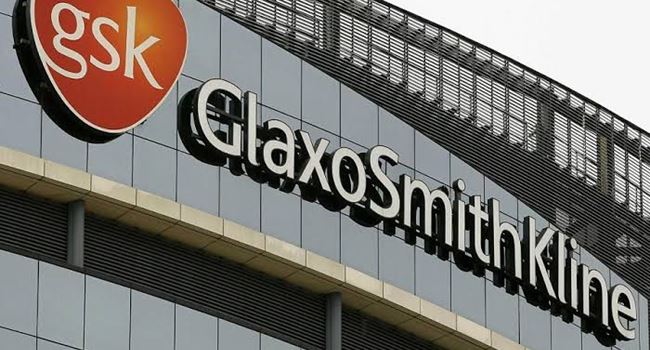Business
GSK’s full-year profit dips amidst escalating cost of doing business

Pharmaceutical and healthcare company, GlaxoSmithKline Consumer Nigeria Plc has reported a 2% drop in its after-tax for the year ended, 31 December 2019 despite improvement in earnings.
The firm made this known in its Unaudited Consolidated and Separate Financial Statements for the Period Ended 31st December 2019, posted on the website of the Nigerian Stock Exchange (NSE) on Thursday.
Revenue rose from N18.411 billion as of Full Year 2018 to N20.787 billion in the period under review, representing a 13% increase.
Profit Before Tax (PBT) however plummeted by 25.1%, climbing down to N868.515 million at FY2019 from the N1.160 billion posted in the corresponding period of 2018.
Profit After Tax (PAT) fell marginally from N617.624 million at FY2018 to N605.276 million at FY2019, translating to a 2% drop.
The plunge in profit despite growth in turnover largely resulted from the rising Cost of Sales which leapt 20.6% from N12.483 billion at FY2018 to N15.055 billion in the relative period of 2019.
Similarly, Selling and Distribution Costs advanced to N3.328 billion at FY2019 from N3.097 billion in the same period of 2018, a 7.5% increase as a matter of fact.
Read also: Law Union & Rock Insurance Full Year profit grows by 215%
Earnings Per Share (EPS) shrank by 2% from N0.52 at FY2018 to N0.51 at FY2019.
A subsidiary of London-based multinational pharmaceutical company GlaxoSmithKline Plc, GSK was incorporated in Nigeria in June 1971 and began operations in July that year. Beyond the pharmaceutical business, GSK has diversified into food and beverage production with flagship brands including Horlicks, Sensodyne, Macleans, Panadol, Andrew Liver Salts, Voltaren among others.
Its outstanding shares stand at 1,195,876,488 with a market capitalisation of around N6.518 billion and a dividend yield of 9.17%.
GSK currently trades on the floor of the NSE at N5.45 per share.
Earnings Per Share is the profit that each unit of a company’s ordinary shares yields during a particular period. It is simply calculated by dividing the Profit After Tax by the company’s total outstanding shares. Increase in a company’s EPS often reflects an improvement in its bottom-line while a fall, on the other hand, indicates a declining profit.
Join the conversation
Support Ripples Nigeria, hold up solutions journalism
Balanced, fearless journalism driven by data comes at huge financial costs.
As a media platform, we hold leadership accountable and will not trade the right to press freedom and free speech for a piece of cake.
If you like what we do, and are ready to uphold solutions journalism, kindly donate to the Ripples Nigeria cause.
Your support would help to ensure that citizens and institutions continue to have free access to credible and reliable information for societal development.






















